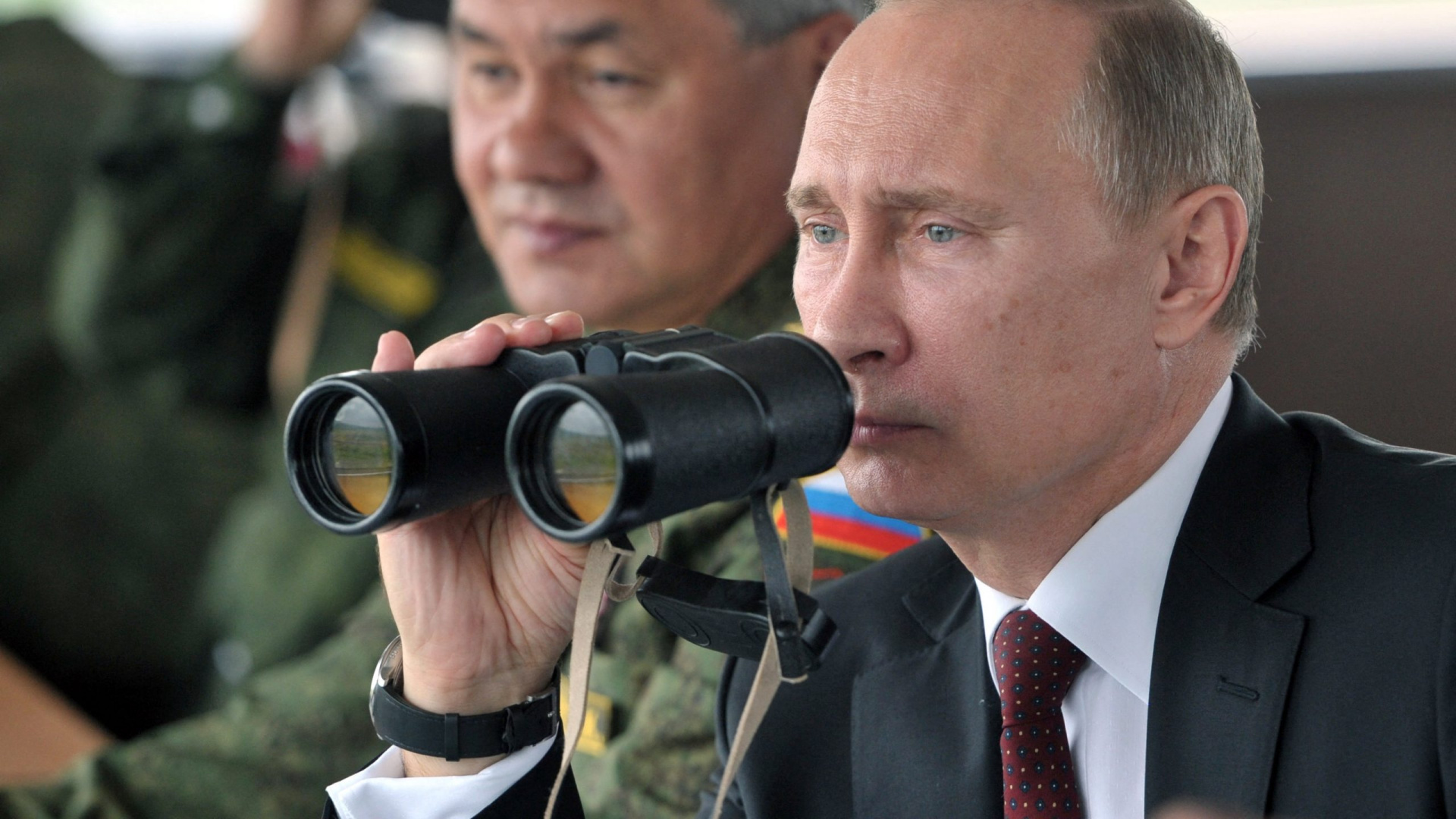The EU cuts emissions to 30 year low despite the loss of Russian gas
Carbon emissions in the European Union dropped to a 30-year low in November 2022 according to new data released by the Centre for Research on Energy and Clean Air (CREA).
Despite earlier criticism, European lawmakers seem to be on track to meet the goals set in their 2030 Climate Target Plan, which set out to drastically reduce European emissions.
The EU committed to a reduction of at least 55% in its total greenhouse gas emission by 2030 and hopes to have all member states fully carbon neutral by 2050 according to the political union's Ministry of Environment.
Back in April 2022, the European Commission set forth the exact plan it was proposing to cut its greenhouse emissions but many feared it wouldn’t be enough after all signs pointed to a reduction in Russian natural gas imports due to the ongoing conflict in Ukraine.
“There were widespread expectations that the fossil fuel crisis would lead to an increase in the EU’s emissions,” wrote lead analyst Lauri Myllyvirta in CREA’s recent report, “this was based on a misunderstanding.”
While the invasion of Ukraine and subsequent crises did leave several EU member states scrambling to find new sources of energy before winter, it didn’t drive a rise in European emissions.
The EU was increasing fossil fuel imports according to the report but that didn’t affect emissions because there wasn’t an increase in consumption.
“The reduction in emissions is caused by the impact on high prices on demand, combined with increases in wind and solar power output,” Myllyvirta wrote in her analysis.
Myllyvirta went on to note that hydropower output in the EU has recovered from a collapse that it suffered during the summer of 2022.
“Both wind and solar output made new records for the month (although solar is quite low in winter in absolute terms, of course),” Myllyvirta added.
But the main driver of the major reduction in emissions according to the report was a huge reduction in electrical and gas consumption across the European Union.
Myllyvirta suggested that the mild temperatures weren’t a contributing factor with only one-third of the drop being compromised by the warm weather.
"High energy prices are driving reductions in demand,” Myllyvirta concluded, “both through energy-saving measures, such as lower indoor temperatures, and outright reductions in activity.”
This shouldn’t be a big surprise since the goal of the European Commission's April 2022 plan was meant to use policy to steer Europeans away from unnecessary energy use.
The plan was developed by the European Commission’s vice-president Frans Timmermans and focused on cutting emissions mainly related to transport and office buildings.
CREA’s report also made some emissions predictions about the European Union's December outputs and suggested they may be higher due to the change in weather, adding that renewables weren’t as productive during the last month of the year.
More for you
Top Stories





























